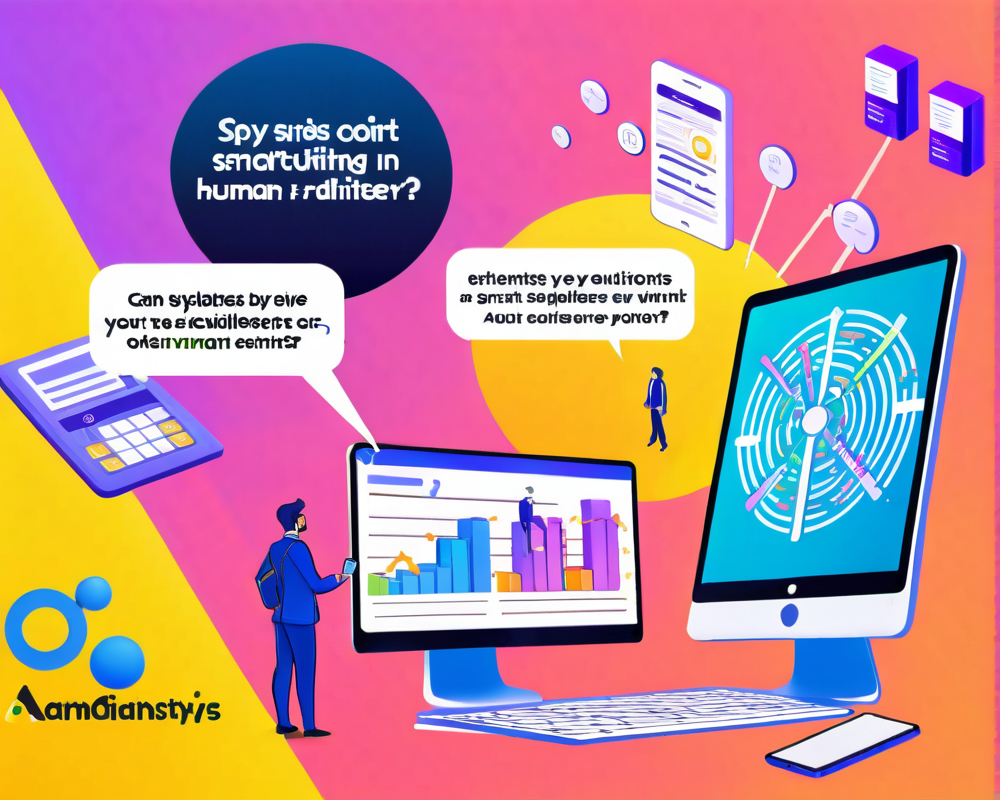Understanding Smart Contract Auditing
Smart contract auditing is akin to giving a thorough check-up to your favorite car; you wouldn’t take it out on a road trip without ensuring everything’s up to scratch. Auditors comb through lines of code, searching for vulnerabilities that could lead to disastrous outcomes. But what happens when we pit human expertise against the shiny brains of AI like ChatGPT-4?
The Test: ChatGPT-4 vs. Ethernaut
To uncover the truth behind AI’s auditing capabilities, blockchain security firm OpenZeppelin set the stage with the Ethernaut security challenge. This wargame consists of 28 smart contracts that auditors have to hack — the objective? Find the exploit and win! And guess what? ChatGPT-4 managed to crack 20 out of 28 levels like a champ, but hit a wall when faced with concepts introduced post-September 2021. Looks like this AI model wasn’t invited to the latest version release party!
Could AI Replace Human Auditors?
In a nutshell, no. Even though ChatGPT-4 showcased some impressive skills, it struggled with certain levels and needed a helping hand now and again. Mariko Wakabayashi and Felix Wegener, who led the tests, concluded that human auditors still reign supreme in the world of smart contract audits.
- AI as a Tool: While AI can lend a hand and boost efficiency, it lacks the precision that human auditors possess.
- Job Security for Auditors: Contrary to fears of job loss due to automation, experts say the demand for skilled auditors will continue to rise, keeping hired guns in business.
What Makes Smart Contract Auditing So Challenging?
Think of smart contract auditing like being a detective in a noir film armed only with a magnifying glass and a hunch. Each contract’s landscape is riddled with potential pitfalls and hidden vulnerabilities that require a meticulous eye. ChatGPT-4, while entertaining and resourceful, seems to lag in this detective work, especially in scenarios that require a high degree of accuracy.
The Future of AI in Smart Contract Security
Looking ahead, Mariko raises interesting points about training AI models with tailored vulnerability data. Imagine a chatbot that’s specifically trained to spot and flag weak spots in smart contract code. The result could pave the way for AI models that are not only better equipped but also more trustworthy.
“If we train an AI model with more targeted vulnerability data and specific output goals, we can build more accurate and reliable solutions than powerful LLMs trained on vast amounts of data.” — Mariko Wakabayashi
Conclusion: The Human Touch in AI Oversight
So what’s the takeaway from this face-off between human auditors and AI? While AI is undoubtedly making strides, it’s not quite ready to put the ‘human’ in ‘audit.’ Rather, the two should join forces, with AI enhancing the abilities of human auditors, ensuring smarter contracts and a safer Web3 landscape for all.



